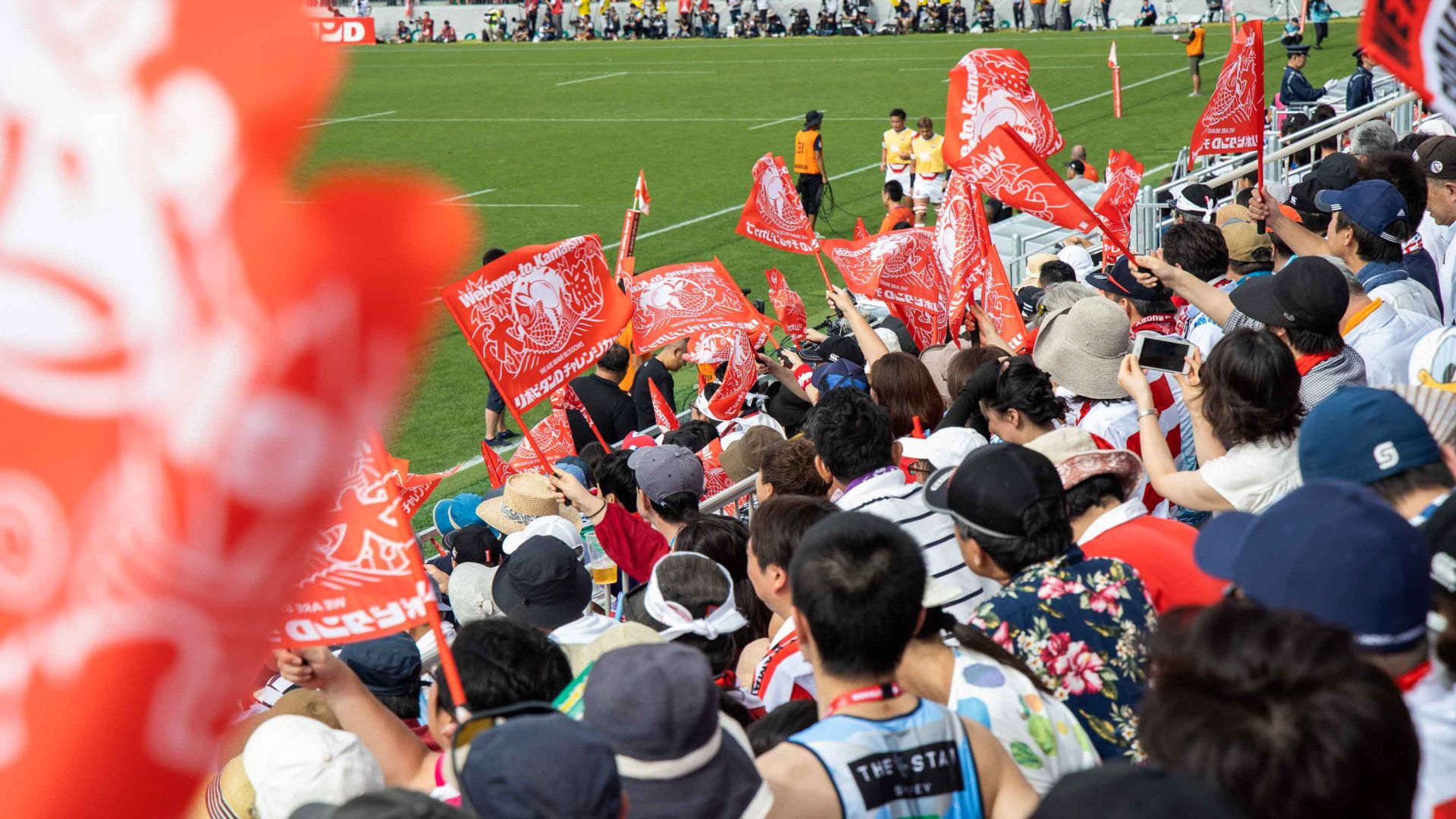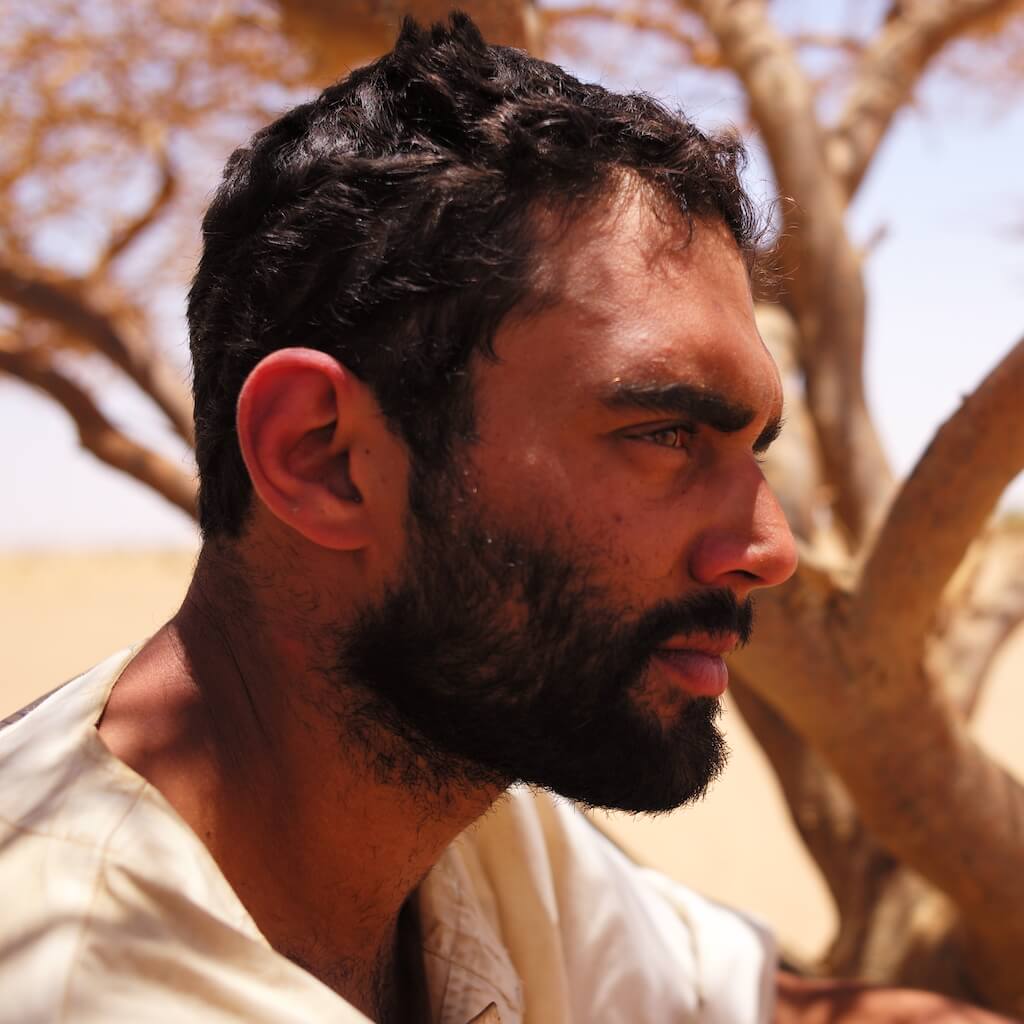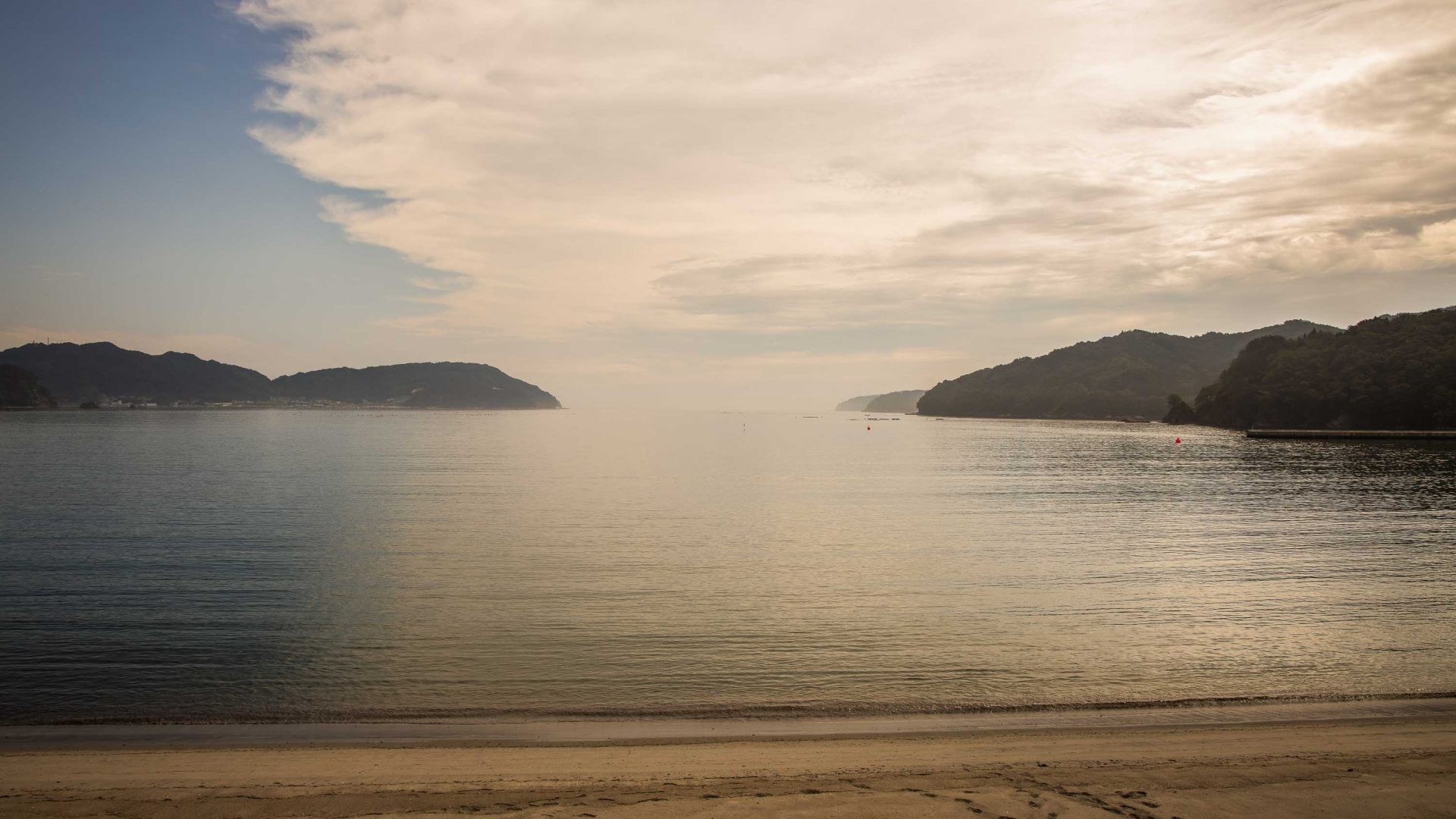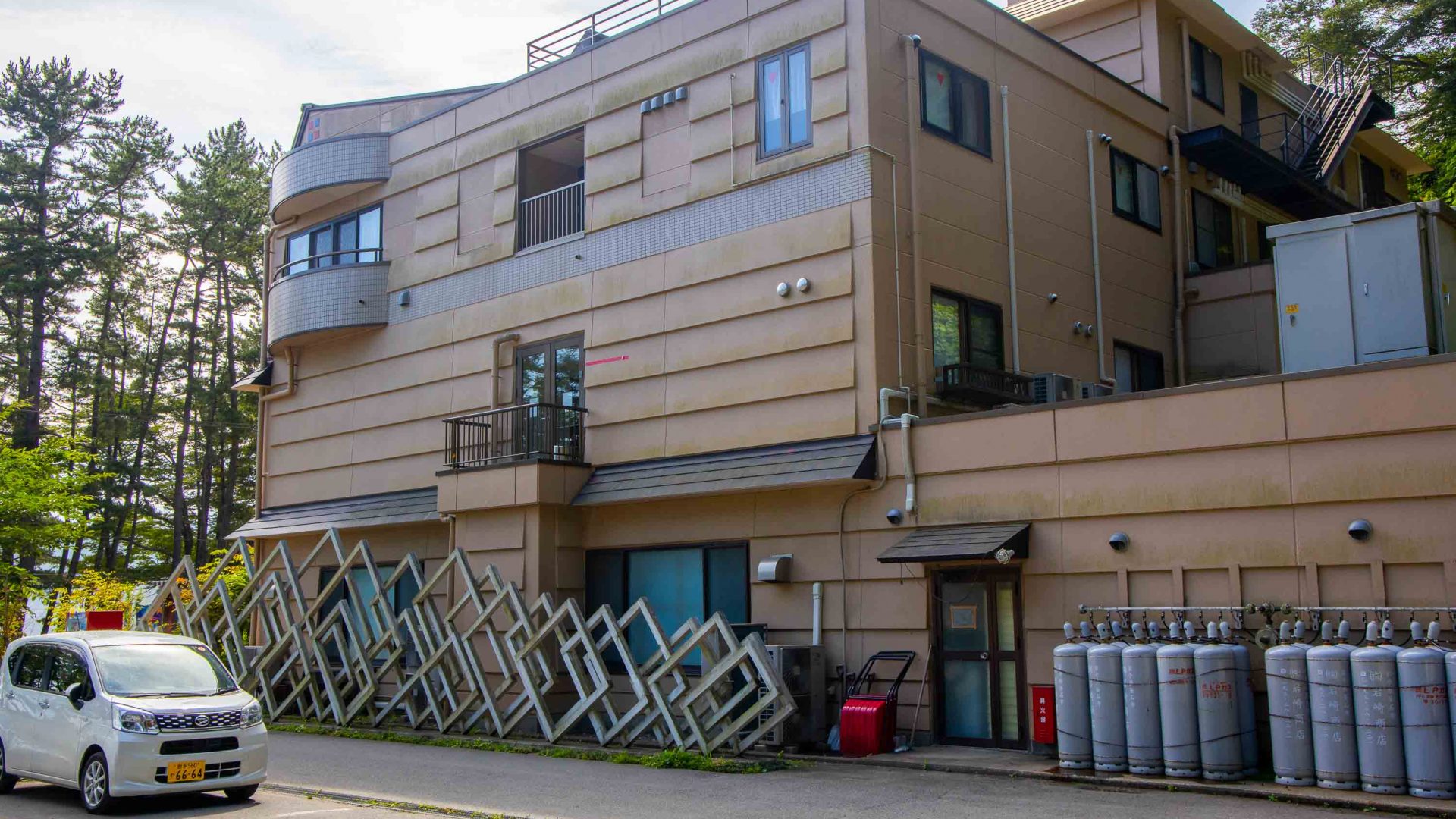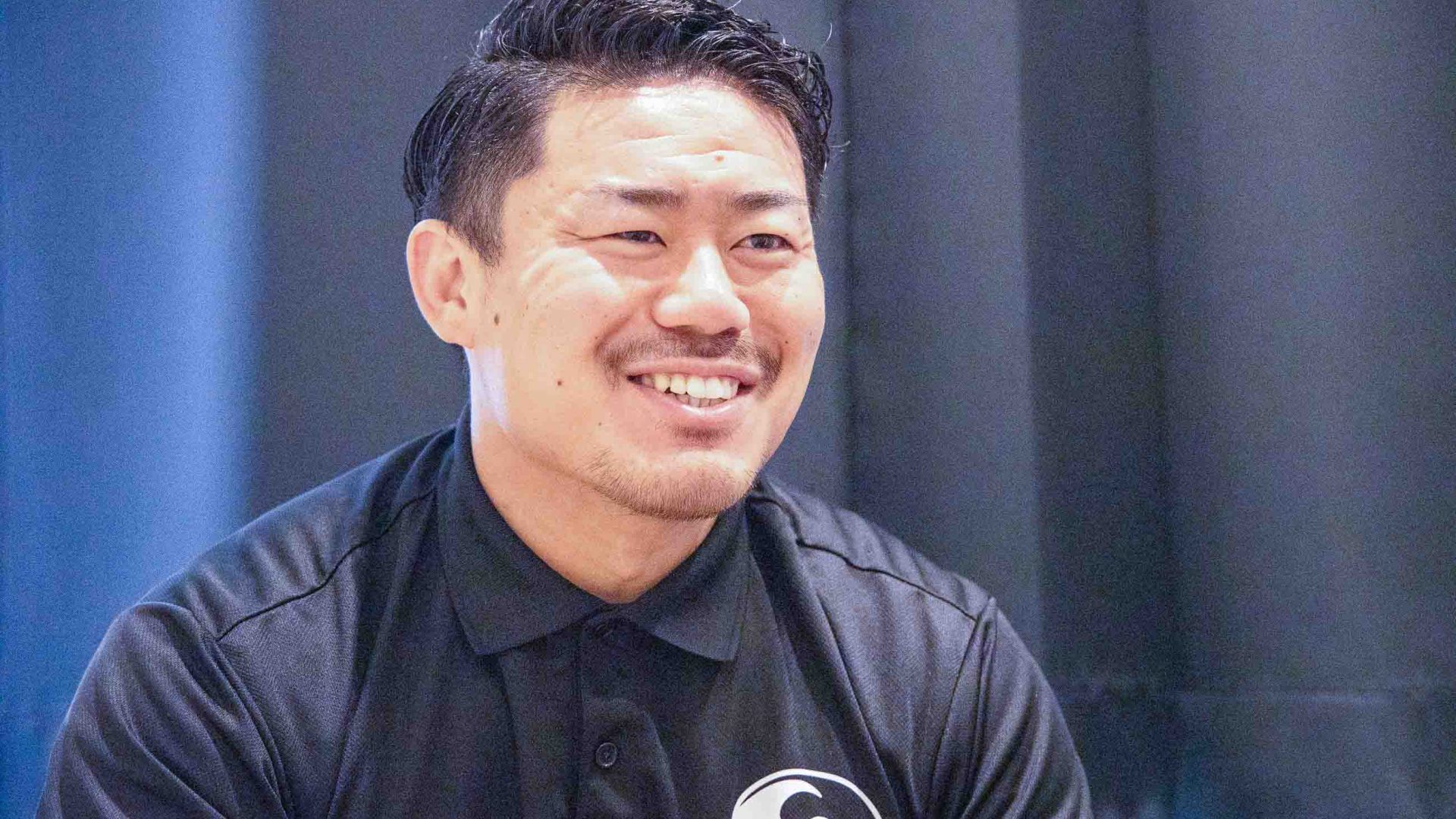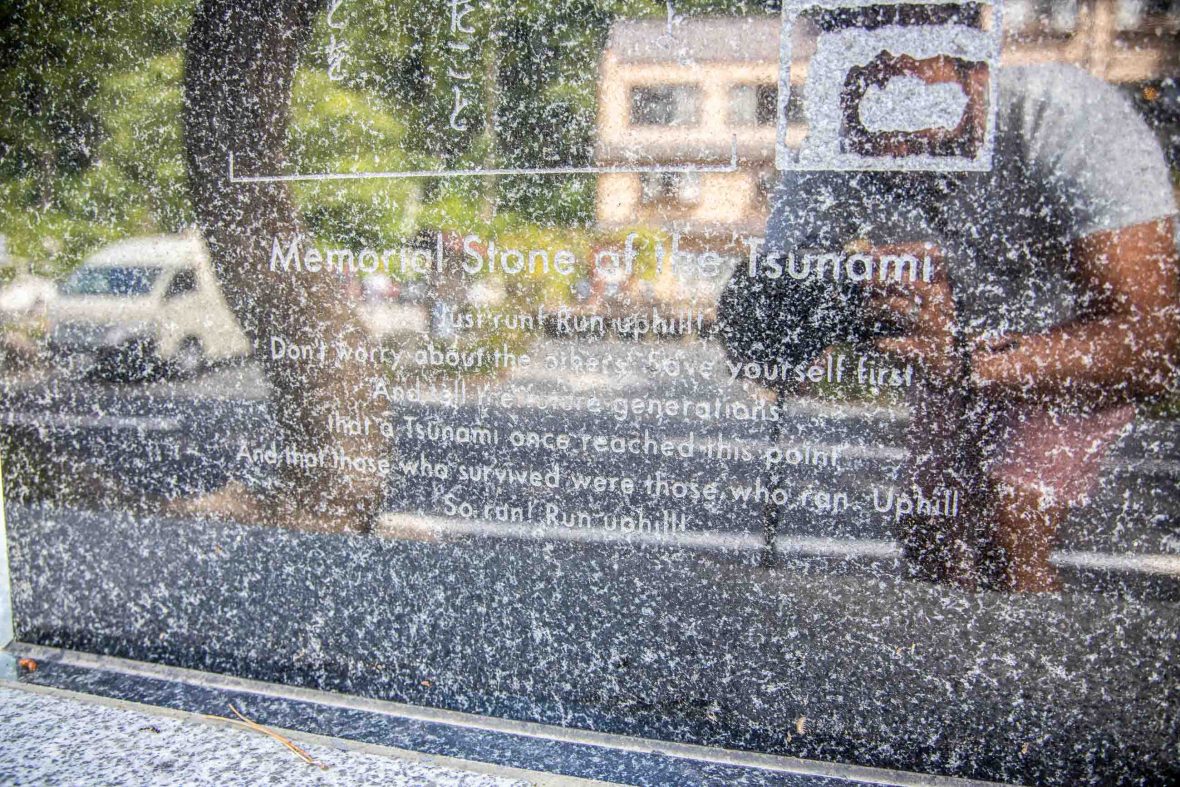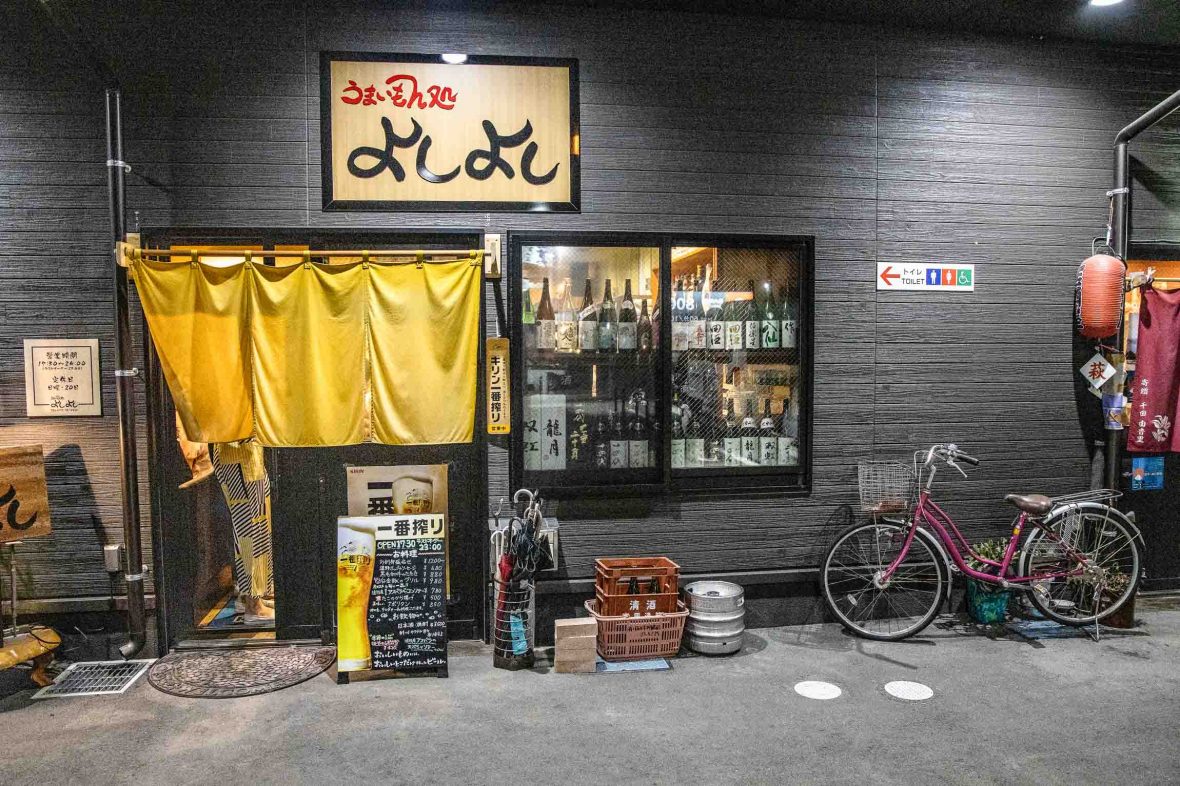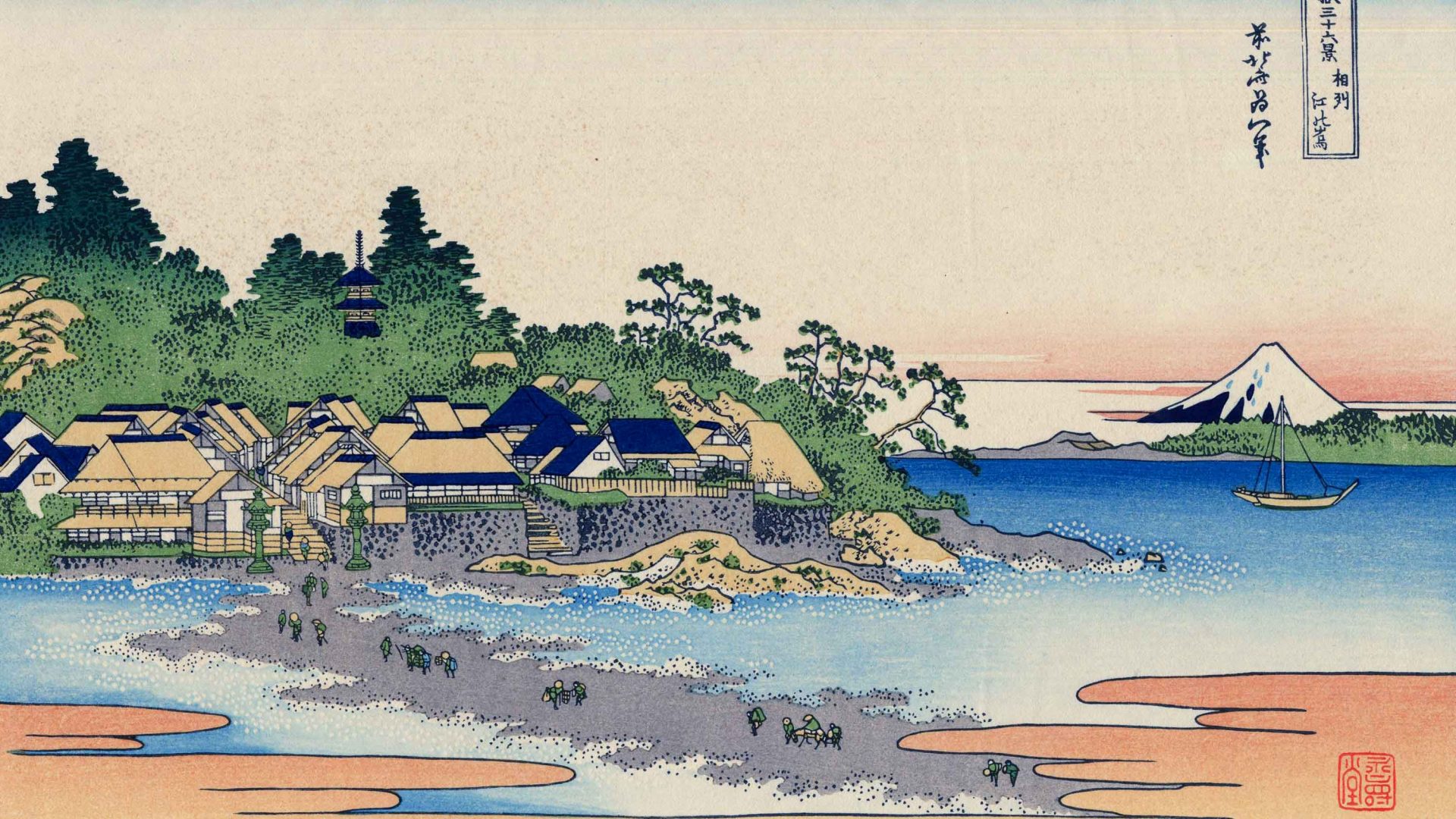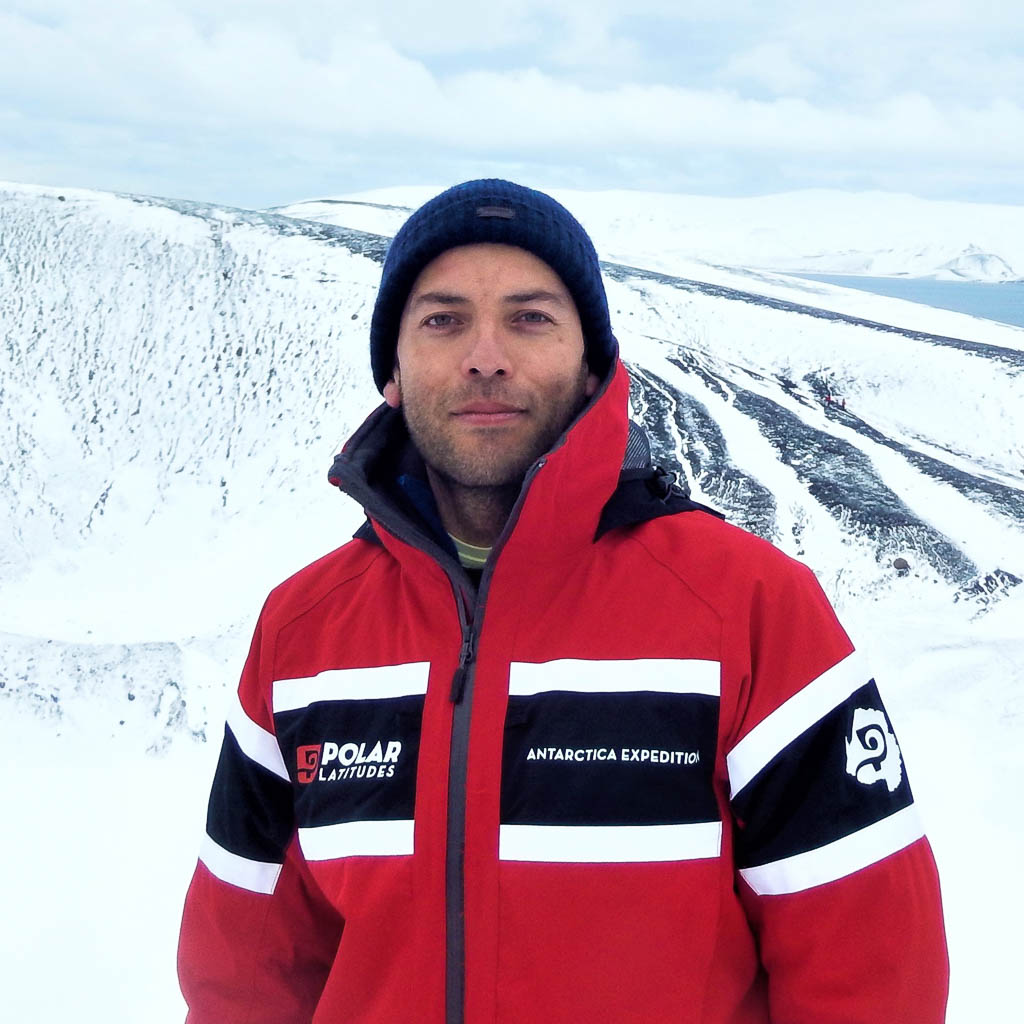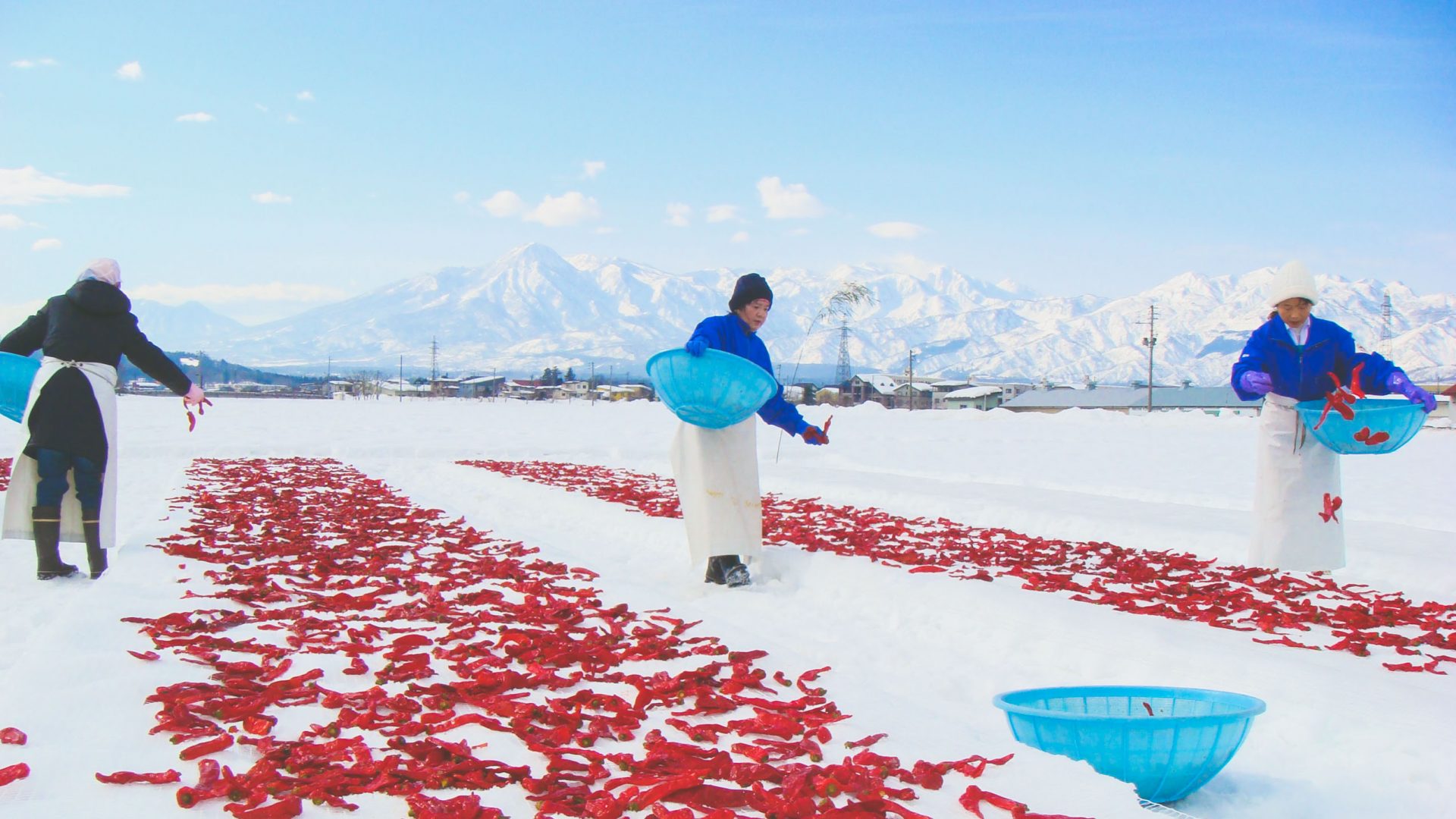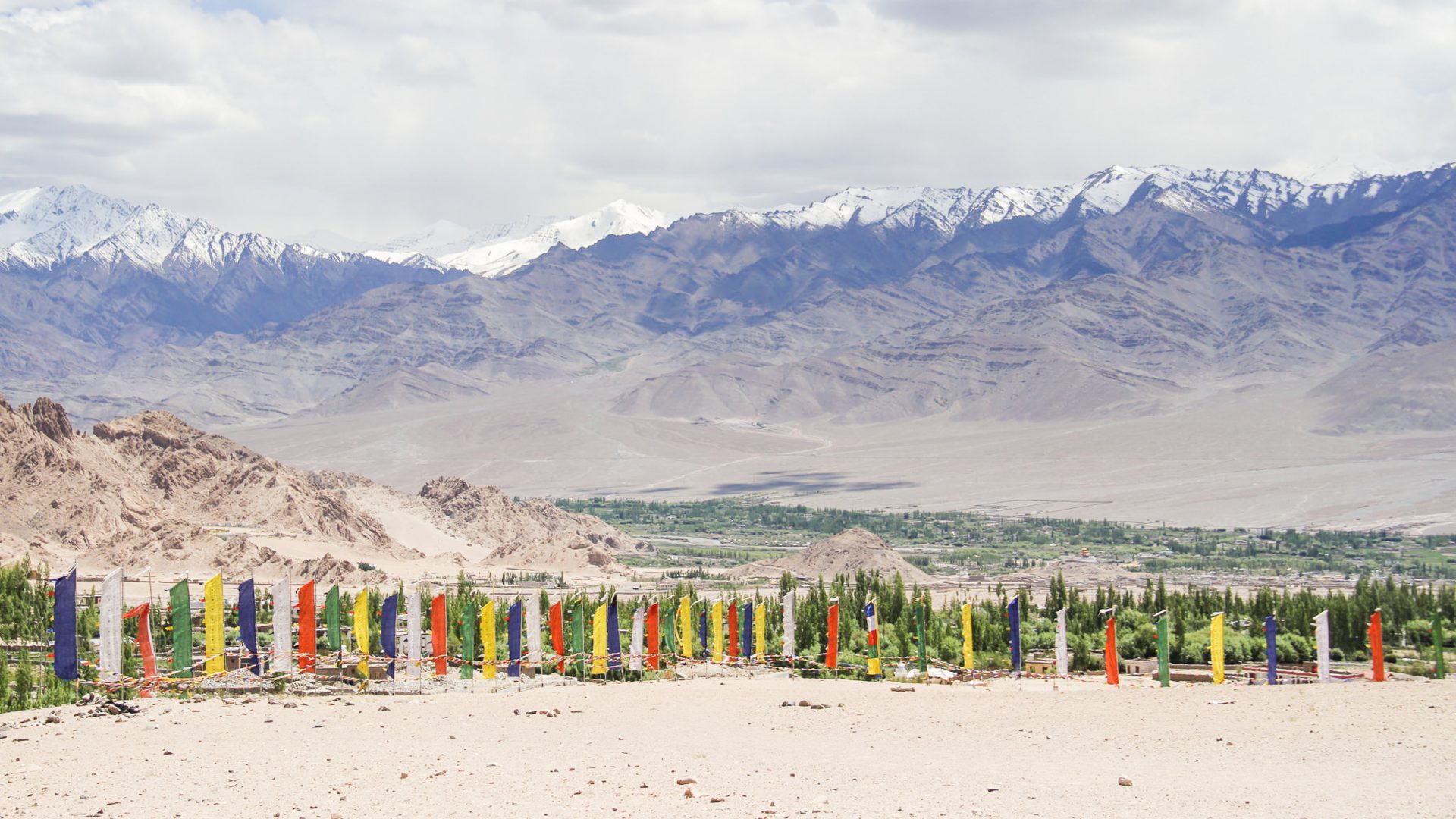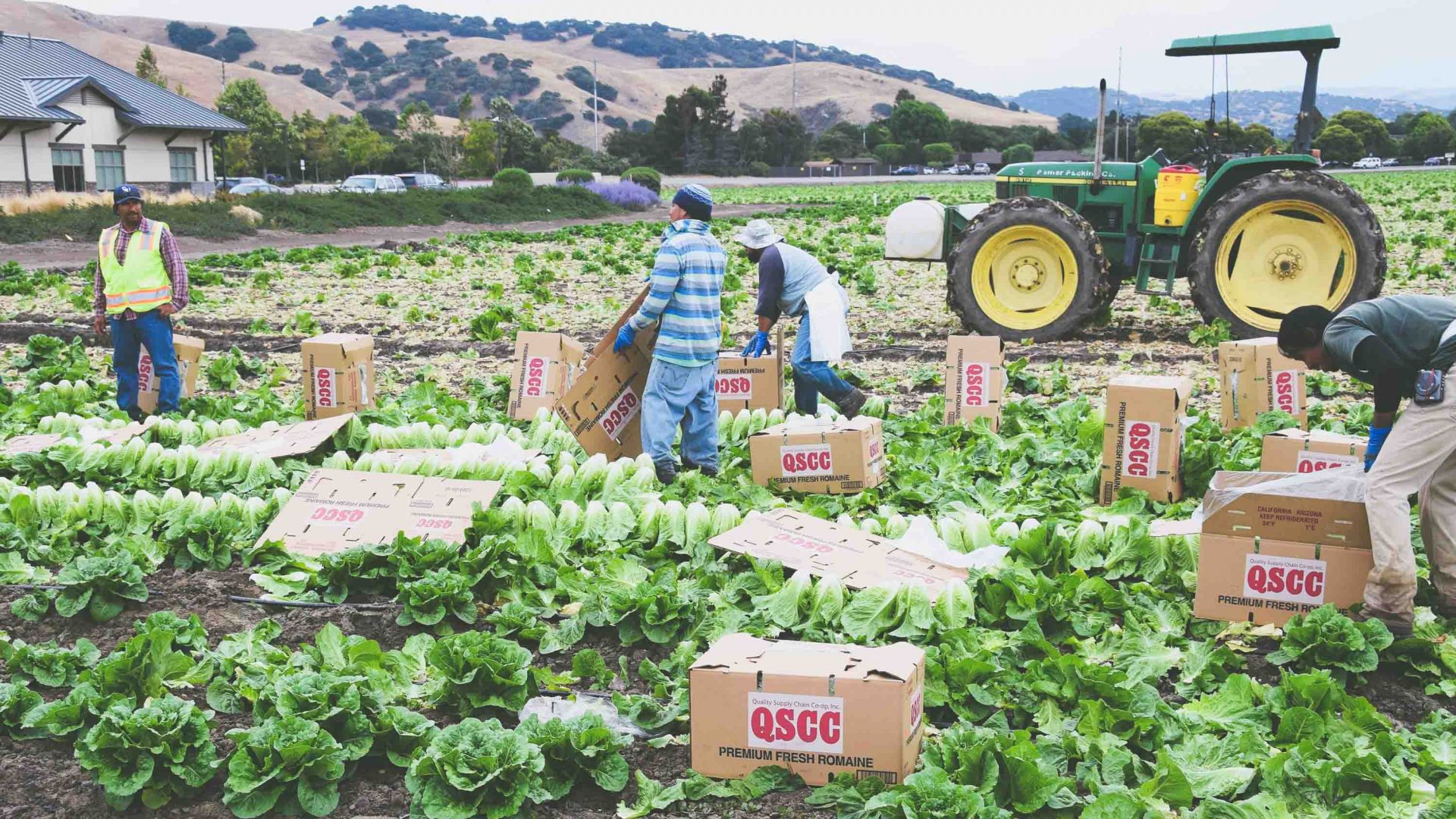“We don’t say ‘we survived’,” says Iwasaki Akiko, “We say ‘life is given to us.’”
I’m standing next to Houraikan, Iwasaki’s ryokan or traditional Japanese inn. In front of it, a line of trees sit atop a sea wall, which drops five meters to a narrow beach and into the still water of a Pacific bay.
But I’m looking at a red line on the inn’s second storey. It shows the high water line of the 10-meter tsunami that crashed over the wall and submerged the inn on March 11, 2011. Behind it, a path climbs steeply up the wooded mountain, passing a stone pillar dedicated to a Japanese god of water.
“That was the path we escaped up,” Iwasaki says, smiling all the time, “The building survived the tsunami and, when the water receded, we became a shelter for people who had lost their houses. In times like this, every person has a position, a role to play—just like in rugby.”
